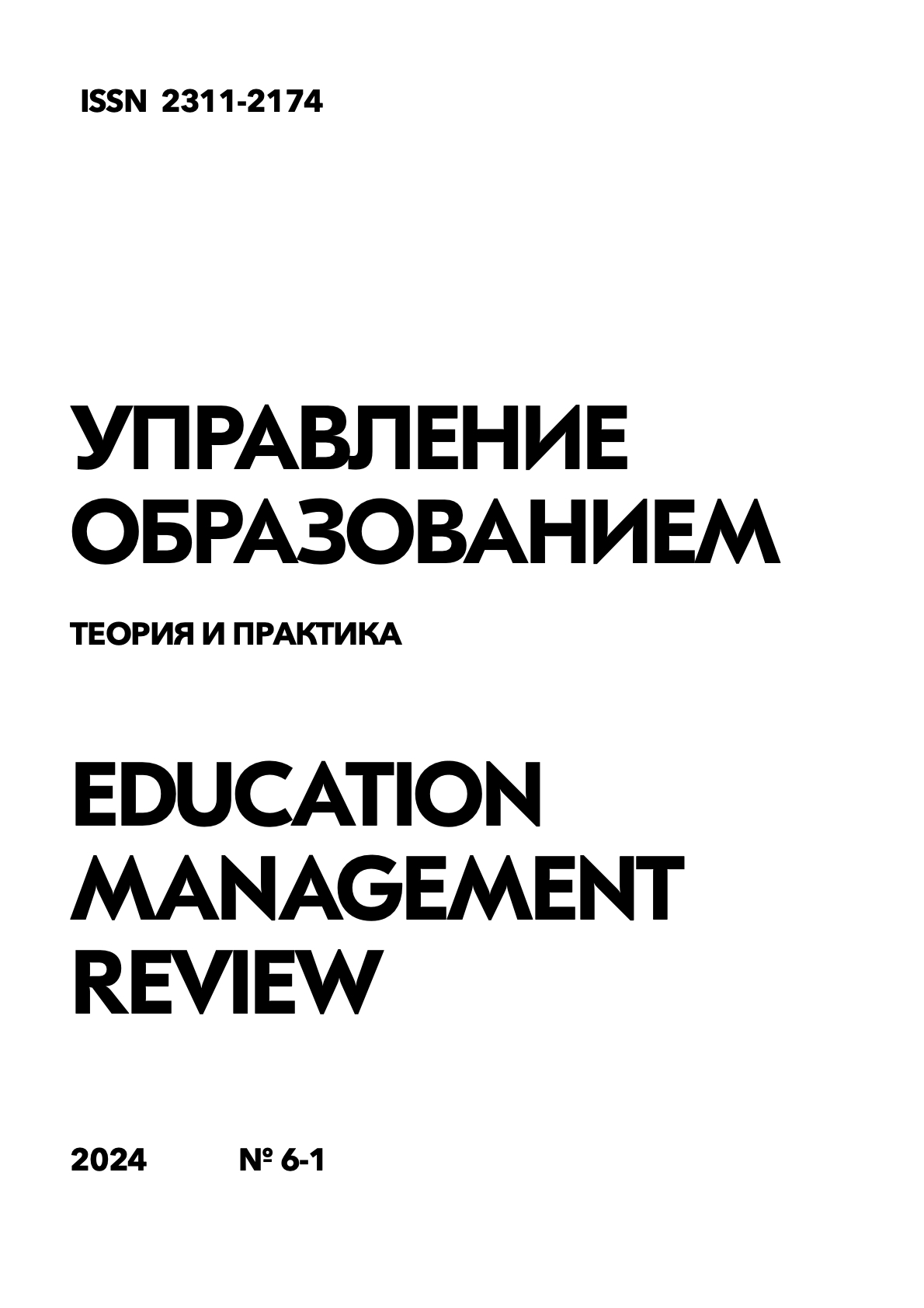The influence of family cultural capital on educational trajectories and social mobility of students from different ethnic groups
Keywords:
cultural capital, ethnic groups, educational inequality, social mobility, intercultural educationAbstract
The study is devoted to the analysis of the influence of the cultural capital of the family on the educational trajectories and social mobility of students from various ethnic groups. The relevance of the topic is due to the insufficient study of the role of cultural resources in the formation of educational inequality in multiethnic communities. The aim of the work is to identify the mechanisms and effects of the impact of incorporated, objectified and institutionalized forms of cultural capital on the educational achievements and social status of students, taking into account their ethnicity. The research methodology is based on the complex application of quantitative and qualitative methods, including a questionnaire survey (n=1500), semi-structured interviews (n=120), and document analysis. A stratified sample was formed, representing the key ethnic groups of the region. The statistical analysis of the data was performed using the methods of descriptive statistics, correlation and regression analysis. The results show that a high level of family cultural capital significantly increases the chances of successful education and upward social mobility, regardless of ethnicity. At the same time, patterns of conversion of cultural capital into educational achievements specific to different ethnic groups have been identified. The practical significance of the work is related to the possibilities of optimizing educational policies and practices taking into account cultural diversity.
References
Бурдье П. Формы капитала // Экономическая социология. 2002. Т. 3. № 5. С. 60-74.
Константиновский Д. Л., Вознесенская Е. Д., Чередниченко Г. А. Молодежь России на рубеже XX-XXI веков: образование, труд, социальное самочувствие. М.: ЦСП и М, 2014.
Рощина Я. М. Семейный капитал как фактор образовательных возможностей российских школьников // Вопросы образования. 2012. № 1. С. 257-277.
Тихонова Н. Е. Факторы жизненного успеха и социального статуса в сознании россиян // Вестник Института социологии. 2018. № 27. C. 11-43.
Чередниченко Г.А. Образовательные и профессиональные траектории российской молодежи (на материалах социологических исследований). М.: ЦСП и М, 2014.
Lareau A. Unequal childhoods: class, race, and family life. Berkeley: University of California Press, 2011.
Jæger M.M. Does cultural capital really affect academic achievement? New evidence from combined sibling and panel data // Sociology of education. 2011. Vol. 84. № 4. рр. 281-298.
Tan C.Y. Examining Cultural capital and student achievement: Results of a meta-analytic review // Alberta journal of educational research. 2017. Vol. 63. № 2. рр. 139-159.
Andersen P.L., Hansen M.N. Class and cultural capital – the case of class inequality in educational performance // European sociological review. 2012. Vol. 28. № 5. рр. 607-621.
Breinholt A., Jæger M. M. How does cultural capital affect educational performance: Signals or skills? // British journal of sociology. 2020. Vol. 71. №1. рр. 28-46.
Martin M.A., Shalowitz M.U., Mijanovich T., Clark-Kauffman E., Perez E., Berry C. A. The effects of acculturation on asthma burden in a community sample of Mexican American schoolchildren // American journal of public health. 2007. Vol. 97. №7. рр. 1290-1296.
Dumais S. A. Cultural capital and first-generation college success // Poetics. 2019. Vol. 77. рр. 101-366.
Gaddis S.M. The Influence of Habitus in the Relationship Between Cultural Capital and Academic Achievement // Social Science Research. 2013. Vol. 42. № 1. рр. 1-13.
Sullivan A. Cultural Capital and Educational Attainment // Sociology. 2001. Vol. 35. № 4. рр. 893-912.
Yamamoto Y., Brinton M.C. Cultural capital in east asian educational systems: The case of Japan // Sociology of Education. 2010. Vol. 83. № 1. рр. 67-83
Downloads
Published
How to Cite
Issue
Section
License

This work is licensed under a Creative Commons Attribution-NonCommercial-NoDerivatives 4.0 International License.




